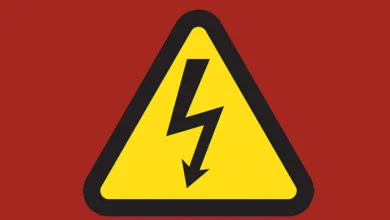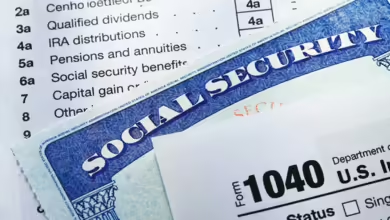
fyi50+: There have been recent reports from Congress about eliminating WEP and GPO Social Security offsets. I asked Dave Freitag about these offsets and why people in Texas and other states should care.
David Freitag: We must return to 1983 to answer that question. That year, President Ronald Reagan signed most of the rules governing and funding the existing Social Security system into law based on the recommendations of a bipartisan commission directed by Alan Greenspan.
From 1981 to 1982, the Social Security system was in terrible financial shape. As part of their fact-finding process, the National Commission on Social Security Reform asked if government employees were paying FICA taxes. The answer surprised many and was confusing for almost everyone on the committee—several retirement savings plans covered federal government employees and 15 other states. As a result, these employees were not paying FICA taxes into the federal system. One of those states was Texas. Then and now, many government employees and most teachers in Texas do not pay FICA taxes into the federal Social Security system. Instead, they contribute to the Texas state retirement system.
fyi50+: Why is that a problem?
Freitag: It was the commission’s opinion that not paying into the federal system would create the impression that these employees were low-income workers. The SSA explained their rationale in this quote from their publication number 05-10045:
“Before 1983, people whose primary job wasn’t covered by Social Security had their Social Security benefits calculated as if they were long-term, low-wage workers. They had the advantage of receiving a Social Security benefit that represented a higher percentage of their earnings. They also had a pension from a job for which they didn’t pay Social Security taxes. Congress passed the WEP to remove that advantage.”
fyi50+: What did Congress at the time do to “fix” this problem?
Freitag: They created two offset programs:
- Windfall Elimination Provision (WEP): This offset reduced a worker’s Social Security benefit based on how much they paid into the system via the FICA tax. The maximum reduction was capped at 50%. About 2.1 million people in the U.S., many of whom live in Texas, have their Social Security benefits reduced by the WEP offset.
- Government Pension Offset (GPO): This offset reduces the spousal and survivor benefits a worker could receive from their spouse who did pay FICA taxes into the system. The big issue with the GPO offset is that two-thirds of the worker’s pension is subtracted from any Social Security spousal or survivor benefits they might receive. For example, if a state employee has a generous pension from a long career in teaching, two-thirds of that pension will be subtracted from a Social Security spousal or survivor benefit that the worker might receive from a spouse who did pay FICA taxes into the Social Security system. About 745,000 are impacted by the GPO offsets.
fyi50+: Is there a cap on the reduction like the 50% cap on the WEP reduction?
Freitag: Great question! There is no cap on the GPO reduction. It can reduce spousal or survivor benefits to zero.
fyi50+: Using your example above, does that mean a teacher who accrued a generous pension from a career in Texas and other states that recognize the GPO might also have most or all of their spousal or survivor benefits eliminated?
Freitag: Correct.
fyi50+: Folks cannot be happy about these rules.
Freitag: That’s also correct. Public employees in Texas and other states have lobbied Congress for years to eliminate these offsets. Recently, the House of Representatives passed a bipartisan bill to stop the WEP and GPO offsets and sent it to the Senate.
fyi50+: Wow, that sounds like good news!
Freitag: It’s great news for workers impacted by the WEP and GPO offsets. However, the not-so-good news is that many budget-minded economists estimate the cost of repealing these offsets to be over $192 billion in just 10 years. This is when it becomes bad news for all the other workers in the country who paid FICA taxes into the system. The additional cost could accelerate the depletion of the Social Security trust fund, potentially leading to benefit reductions for millions of workers who did pay FICA taxes into the system.
fyi50+: So, there’s no “free lunch” here. What should we watch to see how this new legislation moves through Congress?
Freitag: Keep an eye on the Social Security Fairness Act. It will be interesting to see how the bill fares in the Senate.
fyi50+: Thanks, David. We’ll closely monitor the outcome now that we’re all informed about this crucial legislation.






